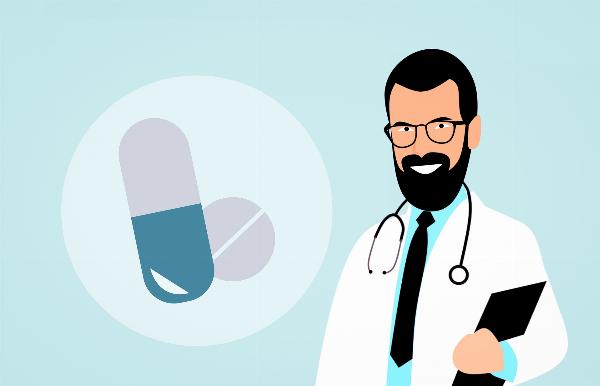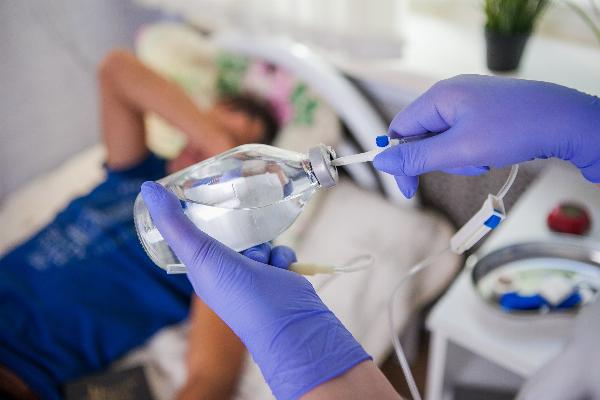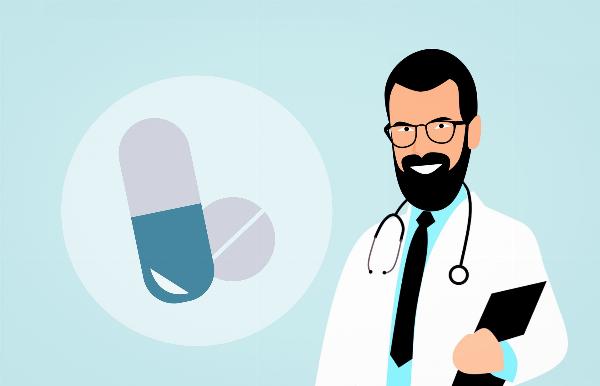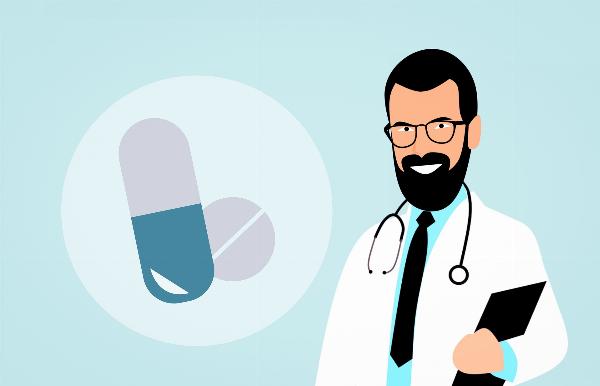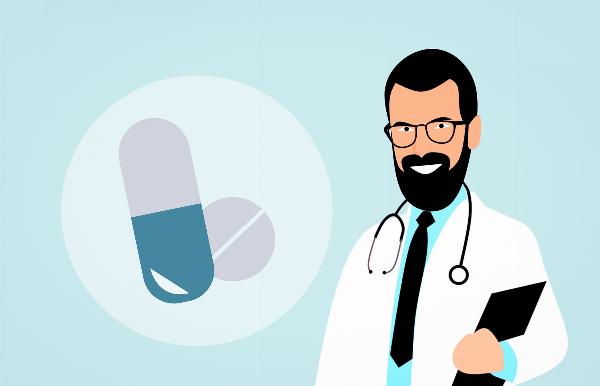 Blog Speed Optimization – Make Google & Users Happy!
Blog Speed Optimization – Make Google & Users Happy!
Addressing Prescription Drug Abuse in New Jersey: A Community Effort
Written by alex » Updated on: June 17th, 2025 252 views

Addressing Prescription Drug Abuse in New Jersey: A Community Effort
Prescription drug abuse is a growing concern in New Jersey, impacting individuals, families, and communities across the state. As misuse of prescription medications rises, a comprehensive community effort is crucial to tackle this issue effectively. This blog explores the multifaceted approach New Jersey is taking to address prescription drug abuse, focusing on prevention, education, treatment, and policy changes.
How to Get Alcohol Out of Your System
Understanding Alcohol Metabolism
Getting alcohol out of your system involves understanding how your body processes and eliminates it. Alcohol is metabolized primarily by the liver, where enzymes break it down into acetaldehyde and then into acetic acid, which is further converted into carbon dioxide and water. The liver can process about one standard drink per hour, but this rate can vary based on several factors, including age, weight, and overall health.
1. Understanding Prescription Drug Abuse
Prescription drug abuse involves using medications in ways other than prescribed, such as taking higher doses, using someone else’s prescriptions, or consuming medications for non-medical reasons. Commonly abused prescription drugs include opioids (like oxycodone and fentanyl), benzodiazepines (such as Xanax), and stimulants (like Adderall). This misuse can lead to addiction, overdose, and even death.
2. Prevention Through Education and Awareness
Education and awareness are foundational in preventing prescription drug abuse. In New Jersey, several initiatives aim to educate both the public and healthcare professionals about the risks associated with prescription drug misuse:
Public Awareness Campaigns: The state has launched various public awareness campaigns to inform residents about the dangers of prescription drug abuse. These campaigns utilize media, social media, and community events to reach a broad audience, emphasizing the importance of using medications as directed and securing prescriptions.
School Programs: Educational programs in schools focus on drug prevention, teaching students about the risks of prescription drug abuse. These programs aim to build resilience and provide students with the knowledge to make informed decisions.
Healthcare Professional Training: Medical professionals are trained to identify and address prescription drug abuse. Training includes recognizing signs of misuse, proper prescribing practices, and patient education on the risks associated with prescription medications.
3. Treatment and Support Services
Effective treatment and support services are essential for individuals struggling with prescription drug addiction. New Jersey offers a range of resources to support those in recovery:
Substance Use Disorder Treatment Centers: The state has numerous treatment centers that provide specialized care for prescription drug addiction. These centers offer various levels of care, including inpatient, outpatient, and detoxification services. Treatment often involves a combination of medical detox, behavioral therapy, and counseling.
Medication-Assisted Treatment (MAT): MAT is a key component in treating opioid addiction. Medications like buprenorphine, methadone, and naltrexone are used in conjunction with therapy to reduce cravings and withdrawal symptoms. New Jersey has numerous clinics and providers offering MAT to support recovery.
Support Groups and Counseling: Support groups, such as Narcotics Anonymous (NA) and SMART Recovery, offer a community of individuals who share similar experiences. Counseling services, including individual and group therapy, provide emotional support and help individuals develop coping strategies.
4. Community-Based Initiatives
Community involvement is crucial in addressing prescription drug abuse. Several community-based initiatives in New Jersey focus on prevention, intervention, and recovery support:
Prescription Drug Take-Back Programs: These programs allow residents to safely dispose of unused or expired prescription medications. By reducing the availability of unused drugs, take-back programs help prevent misuse and reduce the risk of accidental overdoses.
Law Enforcement Partnerships: Local law enforcement agencies collaborate with healthcare providers and community organizations to combat prescription drug abuse. These partnerships involve tracking and investigating illegal prescription drug activity and ensuring proper enforcement of regulations.
Local Coalitions: Community coalitions bring together various stakeholders, including healthcare providers, schools, law enforcement, and advocacy groups, to address prescription drug abuse. These coalitions work on developing and implementing strategies to reduce misuse and improve access to treatment and support services.
5. Policy and Regulation
Policy and regulatory measures play a significant role in addressing prescription drug abuse. New Jersey has implemented several policies to improve prescription drug monitoring and reduce misuse:
Prescription Monitoring Program (PMP): New Jersey’s PMP is a state-run database that tracks prescriptions for controlled substances. Healthcare providers use this system to monitor patient prescriptions, identify potential misuse, and prevent prescription drug abuse.
Regulations for Prescribing Practices: The state has established guidelines for prescribing controlled substances to ensure responsible use. These regulations include requirements for documentation, patient assessments, and limits on prescription quantities.
Support for Legislative Efforts: New Jersey supports legislative efforts aimed at combating prescription drug abuse. Recent laws focus on enhancing prescription monitoring, improving access to treatment, and addressing the opioid crisis.
6. Addressing Stigma and Promoting Recovery
Addressing stigma associated with prescription drug addiction is essential for encouraging individuals to seek help. New Jersey’s efforts include:
Public Education: Campaigns aim to reduce stigma by promoting understanding and compassion towards individuals struggling with addiction. By highlighting recovery stories and providing accurate information, these campaigns help normalize addiction as a medical condition that requires support and treatment.
Recovery Support Services: Providing ongoing support through recovery coaching, sober living environments, and job training programs helps individuals reintegrate into society and maintain long-term sobriety. These services are crucial for reducing relapse rates and supporting sustained recovery.
Detox Drinks for Drugs: What You Need to Know
Detox drinks are often marketed as a quick solution to cleanse the body of drugs and toxins, but their effectiveness can vary. These drinks are commonly used by individuals facing drug tests or those looking for a way to expedite their detoxification process. Typically, detox drinks for drugs contain a combination of vitamins, minerals, and herbal ingredients designed to flush out toxins through increased urination and bowel movements.
Conclusion
Addressing prescription drug abuse in New Jersey requires a comprehensive, community-driven approach. By focusing on prevention, education, treatment, community-based initiatives, policy changes, and reducing stigma, New Jersey is making significant strides in combating prescription drug abuse. Continued collaboration among healthcare providers, law enforcement, community organizations, and individuals is essential to creating a safer and healthier environment for all residents. Together, these efforts contribute to a more effective response to the prescription drug abuse crisis and support the journey towards recovery for those affected.
Note: IndiBlogHub features both user-submitted and editorial content. We do not verify third-party contributions. Read our Disclaimer and Privacy Policyfor details.
Copyright © 2019-2025 IndiBlogHub.com. All rights reserved. Hosted on DigitalOcean for fast, reliable performance.



